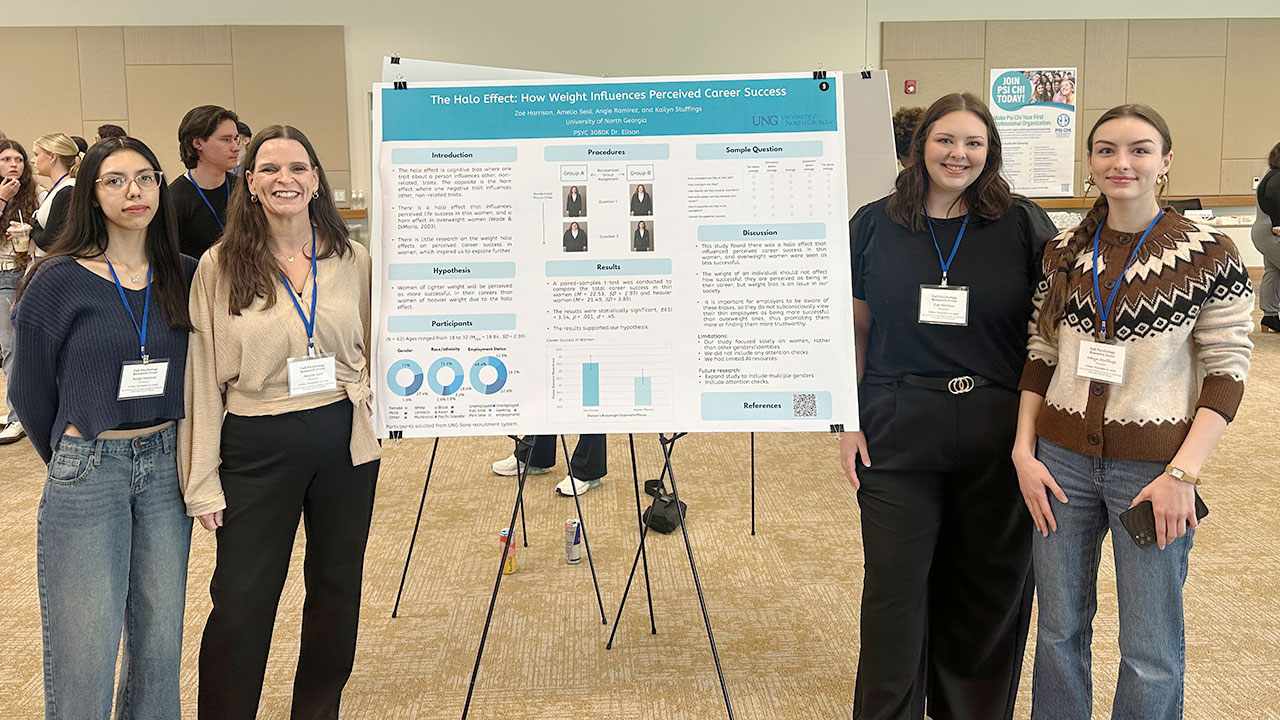English professor publishes Gothic book

After many years and several breaks from writing, Dr. Diana Edelman is satisfied with her passion project. Her book "Embryology and the Rise of the Gothic Novel" was released in July 2021.
"I am happy to finally have it published and hope that it will inspire additional scholarship in this area," Edelman, interim assistant head of the Department of English, said.
Her book focuses on the latest research about the early British Gothic, which led to the Gothic fiction known today.
"I realized that most of the scholarship about the most famous Gothic novel of all time — Mary Shelley's 'Frankenstein' — interpreted the work in almost every scientific context imaginable except embryology," Edelman said. "As I researched the material, I began to see that the Gothic novel more generally reflected similar philosophical concerns as embryology and that these are similar to ones we face today."
The book argues one reason Gothic fiction remains powerful today is because answers to reproductive questions rarely have definite answers. For example, in Shelley's time scientists were questioning the role of God in conception and development. When and how does 'life' begin? Is it given externally from God, or does it develop from within the material itself? Like the Gothic novel, then, scientists were also grappling with the role of the supernatural.
"But no studies addressed the novel's embryological contexts," Edelman said. "The Gothic novel more generally was, obsessed with origins and the relationship between the self and the supernatural."
Edelman's book is available on Amazon and Palgrave Macmillan.



